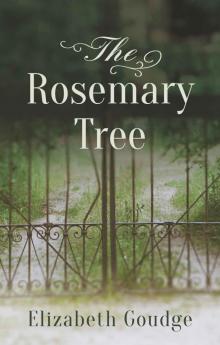 The Rosemary Tree
The Rosemary Tree The Dean's Watch
The Dean's Watch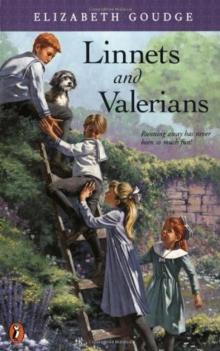 Linnets and Valerians
Linnets and Valerians Gentian Hill
Gentian Hill B00DRI1ZYC EBOK
B00DRI1ZYC EBOK B008O6ZWTG EBOK
B008O6ZWTG EBOK The Scent of Water
The Scent of Water Pilgtim's Inn
Pilgtim's Inn Island Magic
Island Magic Pilgrim's Inn
Pilgrim's Inn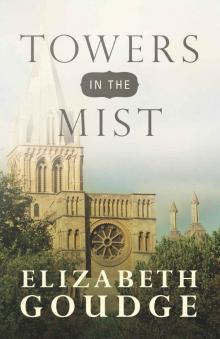 Towers in the Mist
Towers in the Mist Green Dolphin Street
Green Dolphin Street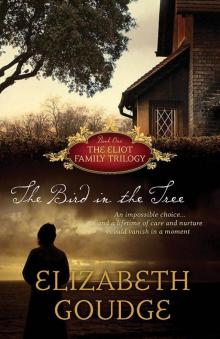 The Bird in the Tree
The Bird in the Tree The Child From the Sea
The Child From the Sea My God and My All: The Life of Saint Francis of Assisi
My God and My All: The Life of Saint Francis of Assisi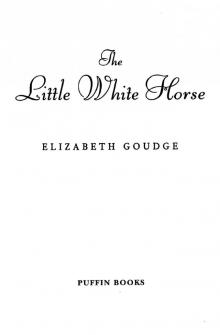 The Little White Horse
The Little White Horse My God and My All
My God and My All B00CKXCNH8 EBOK
B00CKXCNH8 EBOK